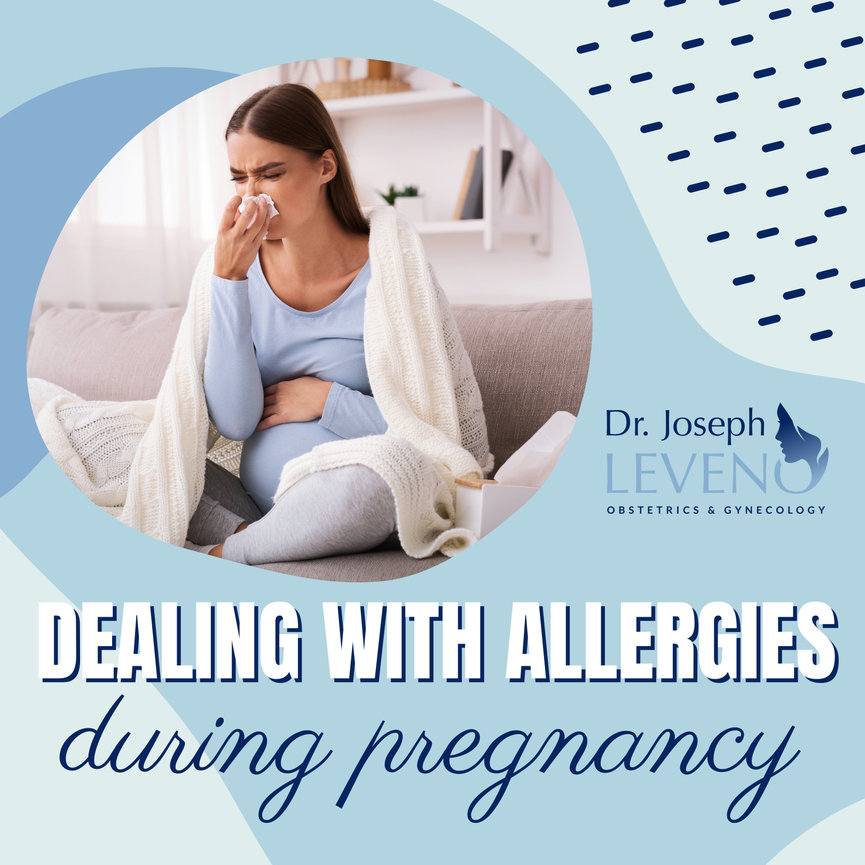
Allergies during pregnancy can be a significant concern, impacting both the mother and the developing fetus. Understanding how allergies manifest during this unique physiological state, and identifying the best ways to alleviate symptoms are key for a comfortable and healthy pregnancy experience. This comprehensive guide will delve into the complexities of pregnancy allergies, covering common triggers, effective management strategies, and important considerations for expecting mothers. We’ll explore everything from understanding food allergies to potential environmental triggers, concluding with actionable steps for expectant mothers seeking to effectively manage their allergies. We will use a variety of clear language and actionable strategies throughout the guide.
Understanding Pregnancy Allergies
Common Triggers
Pregnancy is a time of significant hormonal and physiological changes, making individuals more susceptible to various allergies and reactions. Common triggers include food intolerances, environmental allergens, and even medications. Identifying these triggers is crucial in managing the symptoms and preventing complications. For instance, many women report increased sensitivity to certain foods, like dairy or nuts, during pregnancy. This increased sensitivity can lead to more severe symptoms, including digestive issues, skin rashes, and respiratory distress. Understanding the potential impact of these triggers on both you and your developing baby is paramount to maintaining a safe and healthy pregnancy.
Managing Food Allergies
Dietary Considerations
Food allergies are a significant concern during pregnancy. The developing fetus is highly vulnerable to the effects of allergic reactions, and maintaining a healthy diet is paramount. A balanced diet rich in essential nutrients is crucial for both mother and baby. Avoiding allergenic foods, such as peanuts, shellfish, eggs, and dairy, is important. However, complete elimination might not always be necessary or even the best course of action. Your doctor can help you determine which foods to avoid and which can be safely consumed in moderation.
Related Post : can allergies make you cough
Nutritional Strategies
Focusing on nutrition and dietary modifications can be an essential part of managing pregnancy allergies. Consult with a registered dietitian who can help create a customized nutrition plan that caters to your individual needs and addresses potential food sensitivities. This could include specific supplements, such as probiotics or Omega-3 fatty acids to enhance overall well-being and reduce the likelihood of allergic reactions.
Addressing Environmental Allergies
Triggers and Solutions
Environmental allergies, such as pollen, dust mites, and pet dander, can also trigger allergic reactions during pregnancy. Maintaining a clean and allergen-free environment can dramatically improve your comfort level and reduce the likelihood of complications. Regular cleaning, using allergen-proof bedding, and strategically positioning air purifiers in high-traffic areas can help mitigate these reactions. If these measures aren’t enough, working with an allergist to develop a personalized plan is recommended.
Alternative Treatments
Beyond traditional treatments, various alternative approaches might also provide relief. Consider exploring herbal remedies and aromatherapy with caution, consulting with your healthcare provider before use.
The Role of Medication
Considerations and Precautions
During pregnancy, medication use requires careful consideration. Many medications can potentially cause harm to the developing fetus. Discuss any concerns about medication with your doctor or pharmacist to weigh the benefits against the potential risks, ensuring the chosen course of treatment is suitable for your unique circumstances and pregnancy stage. Never self-medicate.
Seeking Professional Guidance
Importance of Doctor Consultation
Seeking professional guidance from a healthcare professional, such as your obstetrician or a registered dietitian specializing in maternal nutrition, is crucial. They can assess your specific needs and offer tailored advice regarding diet, lifestyle modifications, and medication choices during pregnancy. Regular checkups are essential to monitor the health of both mother and baby, ensuring timely intervention for any emerging issues.
Establishing a Support Network
Building a support network of trusted friends, family members, or support groups can significantly enhance your overall well-being during pregnancy. Sharing experiences and seeking advice from others navigating similar challenges can alleviate stress and offer valuable perspectives.
Additional Considerations
Maintaining a Healthy Lifestyle
The Importance of Prenatal Care
Conclusion Alternatives
Frequently Asked Questions
What are the most common symptoms of allergies during pregnancy?
Common symptoms of allergies during pregnancy include skin rashes, itching, runny nose, sneezing, and difficulty breathing. These symptoms can vary in severity depending on the individual and the specific allergen. If you experience any of these symptoms, consult with your doctor immediately.
What can I do to reduce the impact of environmental allergies during pregnancy?
Implementing strategies like using air purifiers, keeping the house clean, and avoiding known triggers can help reduce the impact of environmental allergies during pregnancy. Regular cleaning, replacing or washing bedding, and being mindful of potential allergens in your surroundings can be very beneficial to reducing symptoms and managing triggers.
In conclusion, managing allergies during pregnancy requires a multifaceted approach. Understanding your specific triggers, consulting with your doctor, and adopting a proactive lifestyle can significantly reduce discomfort and promote a healthy pregnancy. By implementing the strategies outlined in this article, expecting mothers can navigate this sensitive period with confidence and ease. For further personalized advice, schedule a consultation with your obstetrician or a registered dietitian specializing in pregnancy nutrition.